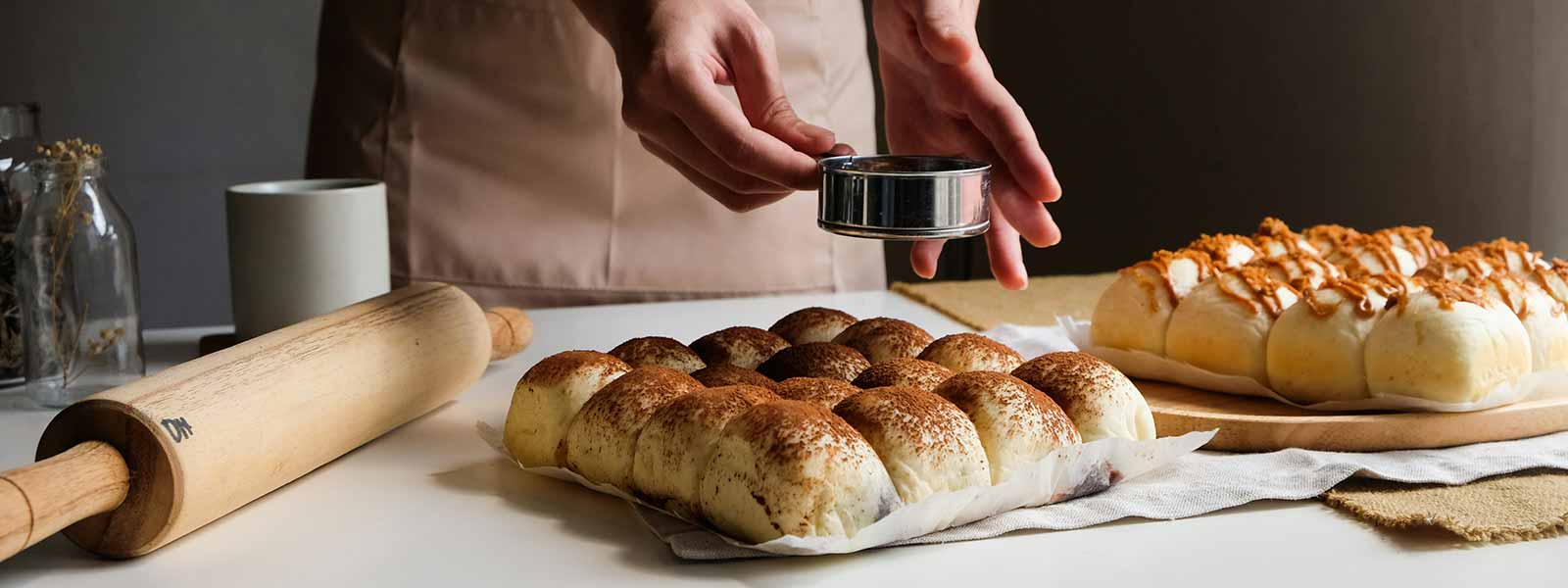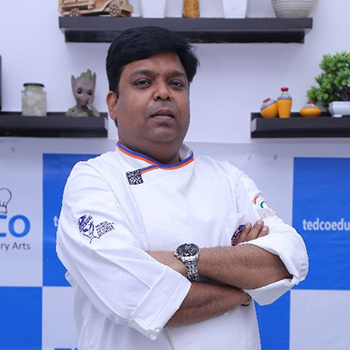

Food has become more than just a necessity, it’s an experience. With the rise of international food chains, five-star hotels, Instagram-worthy dishes, and food vlogging, the culinary arts course is gaining massive popularity. As India becomes more global in its food choices, the demand for trained chefs and culinary professionals is growing every day.
For students who are passionate about cooking and want to make a serious career in the food world, a diploma in culinary arts at TEDCO is a fantastic option after 12th. It's a hands-on course that prepares you for real kitchens, food businesses, and even international opportunities. Institutes like TGCA offer industry-focused training that helps young chefs turn their passion into a profession.
A diploma in culinary arts is a professional short-term course designed to teach students everything they need to know about cooking and kitchen operations. It’s not just about recipes, it covers:
The structure of the course varies depending on the institute you choose. On average, a culinary diploma can be:
You can join right after Class 12th, and some institutes even accept students after Class 10th.
A professional chef course is not just about cooking tasty food. You gain a wide range of technical and life skills that help you grow in any professional kitchen.
This course is ideal for students who:
If you often find yourself cooking for family, trying out recipes, or watching food shows on YouTube, then this course is made for you.
You don’t need a high percentage or science background to join this course. Most culinary diploma courses have simple eligibility:
Some best culinary institutes in India may also:
After completing a diploma in culinary arts, you are ready to step into the real food industry. The job options are plenty.
You can get placed in:
A common question students and parents ask is, Why go for a diploma when you can do a degree?
Here are a few solid reasons why a diploma in culinary arts is a smart choice:
Not all institutes are the same. The quality of your training depends heavily on the institute you choose. Here’s what you should look for:
TGCA checks all these boxes, offering students a strong foundation, global exposure, and real-world culinary experience from day one.
In today’s world, where food connects cultures and kitchens are evolving every day, a diploma in culinary arts is more than just a course, it’s a career launchpad.
If you’ve just passed your 12th and are looking for a practical, creative, and exciting profession, this path could be perfect. With the right training and dedication, you can become a skilled chef, run your own food business, or even become a food content creator.
The industry needs passionate food lovers, and if you have the spark, the opportunities are endless. So roll up your sleeves, tie that apron, and take the first step toward a fulfilling career.
It is a short-term professional course that teaches cooking techniques, kitchen operations, food safety, and presentation. It combines theory and hands-on training to prepare students for careers in hotels, bakeries, food businesses, and hospitality sectors.
Students who are passionate about cooking, enjoy hands-on learning, and want to build a creative career in the food industry should consider this course. It’s ideal for those who prefer practical skills over traditional academics.
The course typically lasts between 6 months to 2 years, depending on the institute and programme. Some offer advanced diplomas with specialisations like baking, food styling, or international cuisine modules for more focused training. TGCA offers flexible durations with options to specialise in key areas.
Most institutes require candidates to have passed 10th or 12th grade. There’s no specific stream requirement. Some institutes may conduct interviews, entrance tests, or ask for a statement of purpose before admission.
Students learn knife skills, cooking methods, baking, hygiene, food presentation, and teamwork. They also develop soft skills like time management, creativity, and customer service, essential for any professional working in the culinary field. TEDCO places strong emphasis on both technical and soft skill development.
Yes, many institutes offer internships in hotels, restaurants, or bakeries as part of the course. These provide real-world exposure and help students understand kitchen operations, teamwork, and customer preferences more practically and effectively.
You can work as a Commis Chef, Line Cook, Pastry Chef, or Bakery Assistant. Career options are available in hotels, cafés, cruise ships, airlines, food startups, or even through starting your culinary venture. TGCA alumni have found placements across top culinary destinations in India and abroad.
A diploma is shorter, practical, and job-focused, ideal for quick industry entry. While a degree offers broader academic knowledge, a diploma is preferred by students seeking affordable, hands-on training and faster placement opportunities.

Centre Head & Head of Department
Click one of our representatives below to chat on WhatsApp or send us an email to
info@tedcoeducation.com
Counselor
Bakery and Pastry Courses
Counselor
Culinary Arts Courses
Click one of our representatives below to chat on WhatsApp or send us an email to
info@tedcoeducation.com
Counselor
Bakery and Pastry Courses
Counselor
Culinary Arts Courses